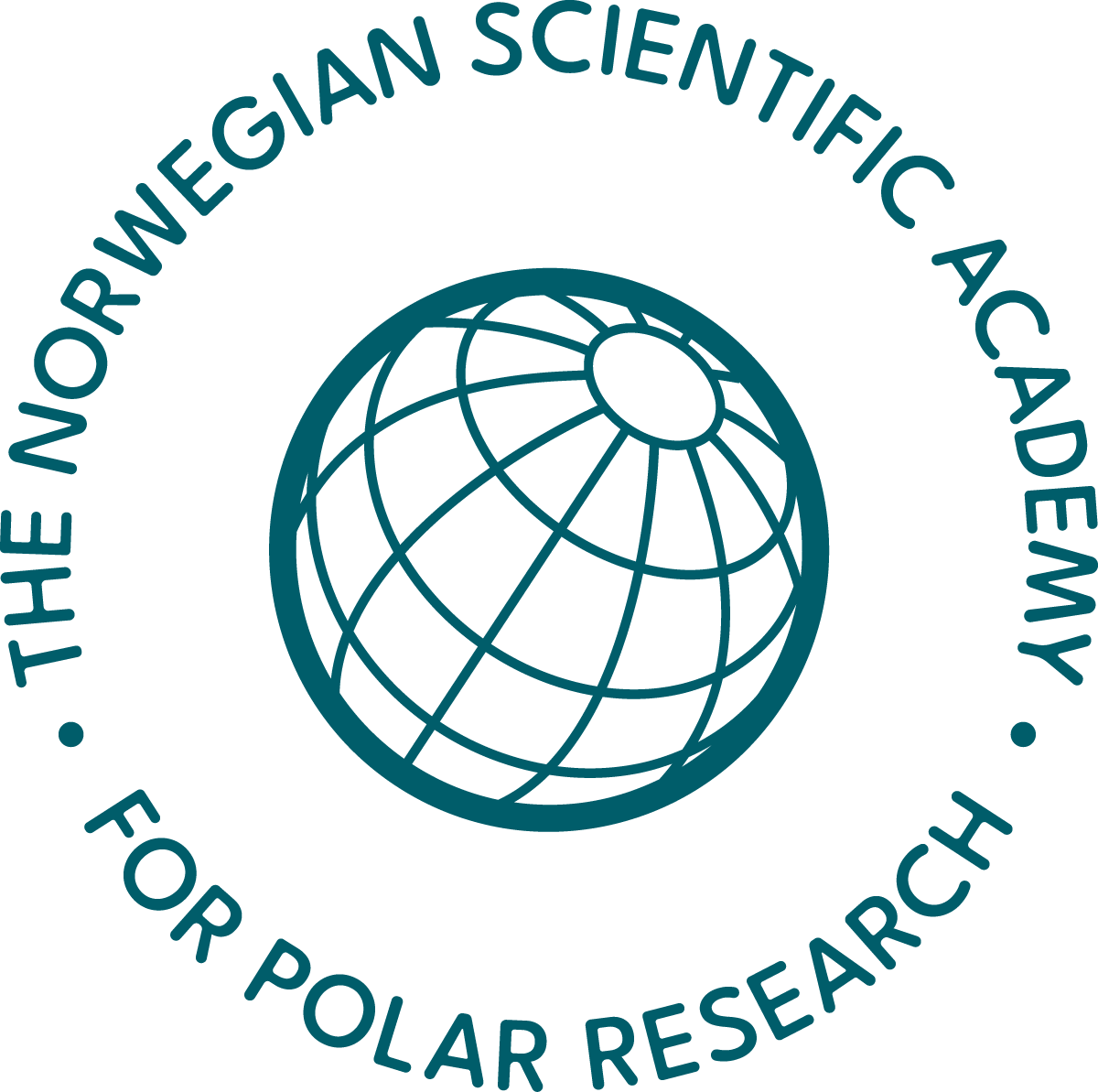“The Global Arctic”: A Strategic Vision for the Norwegian Scientific Academy for Polar Research
Photo by: Johannes Lorentzen.
The forces of nature and society are redrawing the maps of the world. The climate is changing, temperatures are increasing, ice is melting, permafrost is thawing, and some species change their migration and distribution whilst others are threatened. Climate change has its most evident and momentous impacts in the Polar Regions. Moreover, the geopolitical and societal situation in the Arctic increases in complexity and unpredictability as the global community strives for larger shares in the future exploitation of the region’s resources.
However, our knowledge of these intertwined processes is not keeping pace.
The effects we observe are both unintended and intended – and our comprehension is insufficient. Models are imperfect and data needed to make them more powerful are incomplete. We lack the integrated and holistic understanding of complex socio-ecological interactions as well as the political capacity to translate what we know into sustainable development and global collaboration.
While we do have enough knowledge about the impacts to act politically, we seem less capable of address the new and emerging uncertainties and risks which could lead to critical and irreversible tipping points. The effects of increasing ocean temperatures, changes in ocean currents and in ecosystems are global. The impacts transcend continents and cultures. An example is the melting of Arctic glaciers with potentially severe and far-reaching impacts, even in tropical regions. The greater part of the Polar Regions, in particular the High Seas of the Arctic Ocean, is currently not subject to any single joint authority that watch over the common interest of humankind.
Through time, the Arctic region has been one of political experiments, where different types of international treaties and conventions have been developed and tested, and from which lessons can be drawn and learned for future agreements and institutions. Even though there is no formal joint authority for the Arctic, many of the issues are in effect regulated by various international agreements and by numerous bilateral agreements with concomitant authorities. In addition, the Arctic Council is a governance body with joint interest in securing the region.
Cooperation becomes all the more important as there is a growing interest from more nations and from new actors, such as shipping, mining and fishing companies, to participate in Arctic activities for scientific, economic and strategic reasons. The Polar Regions will no doubt face new and increasing geopolitical, social, cultural, environmental and economic challenges in the years to come.
Science is an international ‘language’, and probably the largest social network in the world with a mission to provide knowledge benefiting the greater public and not merely special interest. The Polar Regions are laboratories where new knowledge can be developed, where novel modes of teamwork can be initiated, and where innovative modes of organization can be tested.
In short: The impacts on the Arctic region are global in origin and their effects are global in scope. Hence, the quest for knowledge must also be based on global collaboration, cutting across scientific disciplines, transcending national boundaries and traditional political confines.


